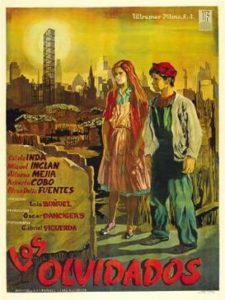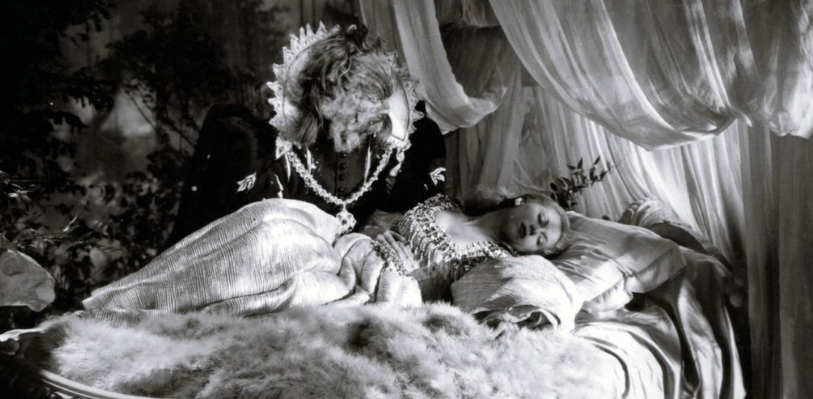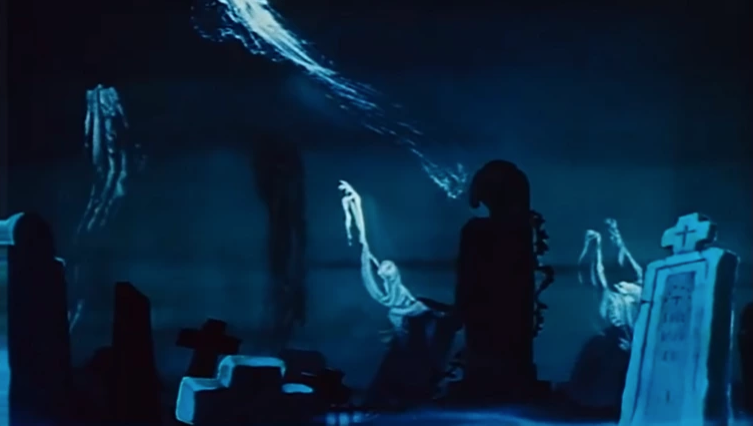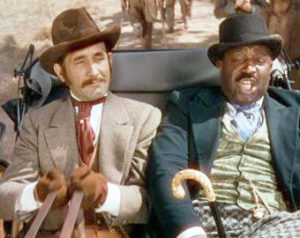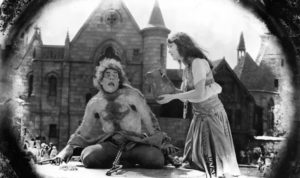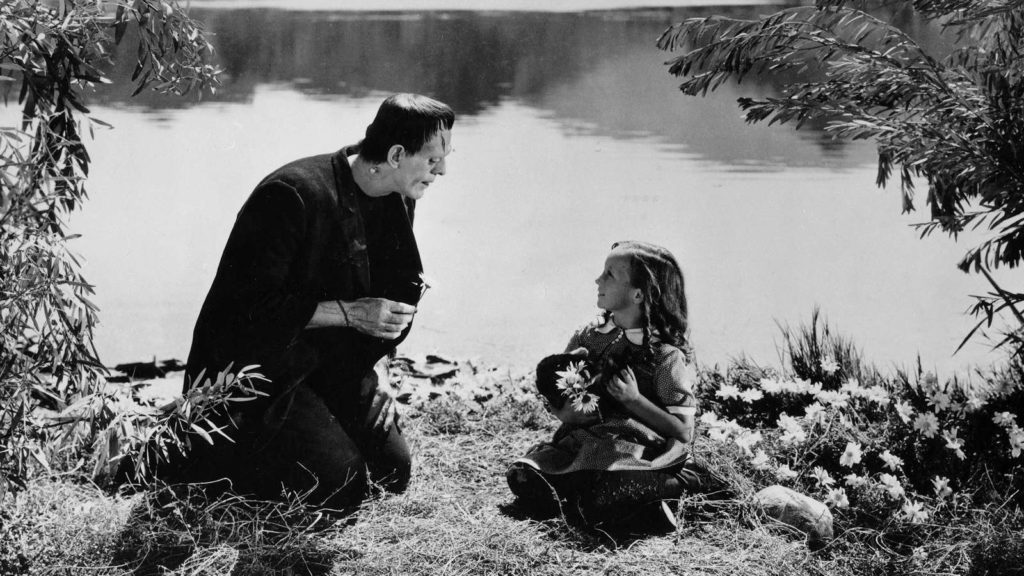I have just modified the hatnote of the 50 films I recommended not to be bored at home when the COVID-19 epidemic started because I will no longer review those films individually.
While it is true that those films made a big impression on me as a child and young man, once I woke up to the real world, in the sense of stepping out of the System’s matrix that controls us, most of those films lost their original meaning. I prefer to continue reviewing Brendan Simms’ book about Uncle Adolf insofar as, now free from the matrix that controls the white man, I feel a moral responsibility to convey who he was under a completely different narrative from that of the ubiquitous System (a narrative that includes Simms’ POV). Nevertheless, I would like, in a single entry, to say what I think roughly about the remaining 42 films that I won’t review individually, as I did with the first eight on the list.
First of all, I have already said something about Shane, #9 on the list. (Incidentally, when the month before my dad died, I showed him the DVDs of the films we had at home to see which one my ailing father wanted to see, he chose Shane.)
About other films on my list from the 1950s, ten years ago I already said something about Ben-Hur and I don’t have much to add. The two movies that the Swede Ingmar Bergman filmed in his country the year before I was born are watchable, especially The Seventh Seal. Although Wild Strawberries is the only one, along with A.I., that made me cry, I would have to explain why I projected myself into it, and that would be getting deep into my biography, which I won’t do in this entry. (By the way, when I saw Wild Strawberries on the big screen I met, on the way out, my first cousin Octavio Augusto whom I said a few years ago he had just killed his daughter and then hanged himself.)
I already said something about Forbidden Planet in 2012 in the context of some paragraphs by the Canadian Sebastian Ronin that are worth re-reading. Of Journey to the Center of the Earth, I had already said something in 2011 (incidentally, it’s worth watching the clip of the film that I uploaded on YouTube, embedded in that post).
The other film from the 1950s, Lust for Life, I haven’t written anything about: the life of Vincent Van Gogh. Given that I have several books—huge books, by the way: those deluxe ones that seem to take up an entire table—on Vincent’s paintings, and that as a small child I tried, modestly, to copy his paintings with my watercolours, his life has a special significance.
This film was shot when the Aryans weren’t yet betraying themselves as nefariously as they do today. For those who still appreciate 19th-century Europe, it is worth seeing this novel-based interpretation of Vincent’s life. And the same can be said of Sleeping Beauty and The Time Machine: once upon a time there was an optimistic ethos about the Aryan race, with very blonde and extremely beautiful women indeed: films that one could even play to children being educated in NS.
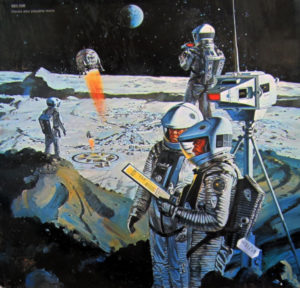 So much for the films of the 1950s. As far as the films on my list from the 1960s are concerned, I have to say that 2001: A Space Odyssey is my favourite film, and I can conceivably write a review in the future about the film that has influenced my life the most. As for the others from that decade, I’ve already commented here and there but unlike the previous ones, I won’t link to my posts. And I can say the same about the films on my list from the seventies, except Death in Venice of which I’ll say something.
So much for the films of the 1950s. As far as the films on my list from the 1960s are concerned, I have to say that 2001: A Space Odyssey is my favourite film, and I can conceivably write a review in the future about the film that has influenced my life the most. As for the others from that decade, I’ve already commented here and there but unlike the previous ones, I won’t link to my posts. And I can say the same about the films on my list from the seventies, except Death in Venice of which I’ll say something.
As for the only film on my list from the 1980s, Fanny & Alexander, I already said what I had to say in my entry on the 50 films; and as for my recommendations of films from the 1990s, Sense and Sensibility, and Pride & Prejudice—an English TV series, although here we could also include the 2005 film—, I already said what I had to say in Daybreak (page 42) and On Beth’s Cute Tits (pages 134-135). It’s precisely in this context that Death in Venice could be understood, albeit in the sense of purely platonic admiration that is in line with what I wrote in Daybreak (pages 163-164).
As far as the films of our century from my list of 50, why A.I. caught my attention so much can be guessed from what I say in Day of Wrath (pages 32ff) in the context of the bonding or imprint we all have with our abusive parents; and about LOTR I already said something here.
If a visitor is curious about the details of how any film on my list affected me (or another film that doesn’t appear on my list, as long as I have seen it) I’m willing to answer any questions.
